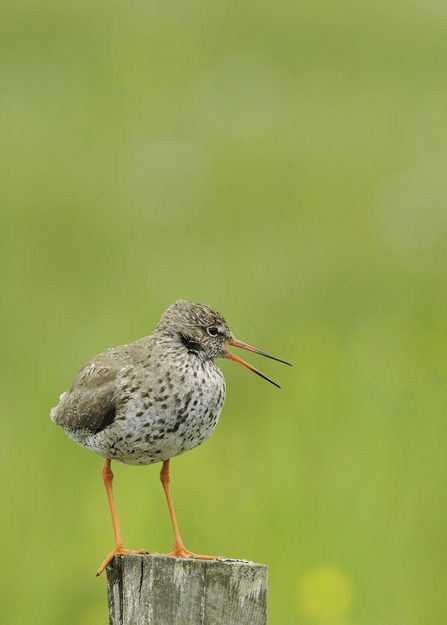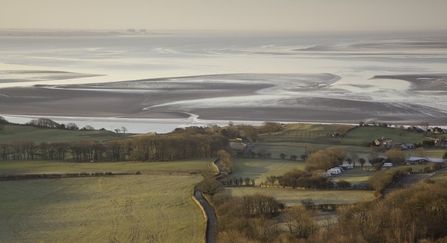The new project designed to fight the isolation and loneliness caused by the COVID-19 pandemic has been awarded £880,000 in funding, raised by players of the People's Postcode Lottery.
The project will see around 400 people experiencing poor mental health prescribed nature by GPs and other healthcare professionals.
People referred to the project will spend time surrounded by the natural beauty of Morecambe Bay, with growing evidence showing that more time in nature helps improve mental health.


